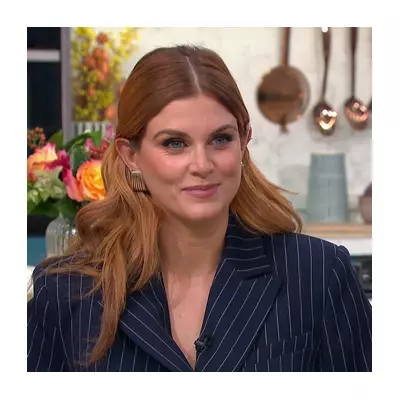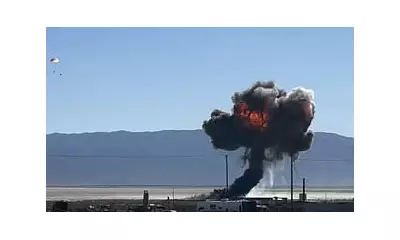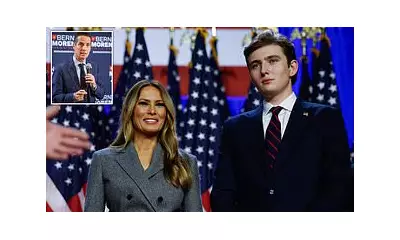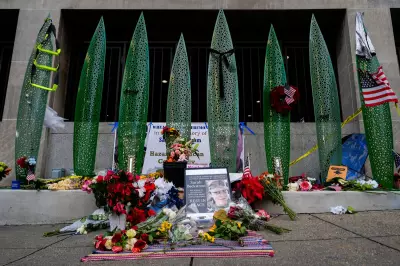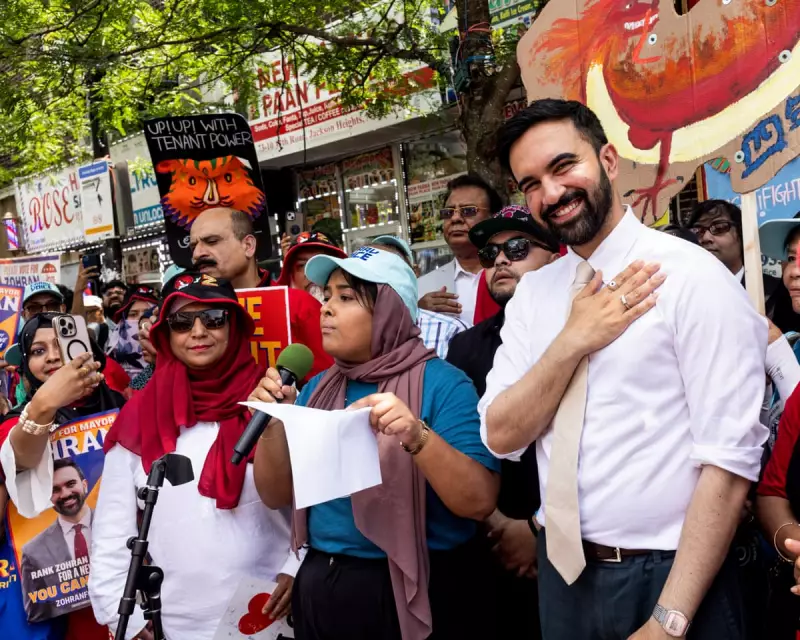
More than two decades after the September 11 attacks sparked widespread discrimination against Muslim Americans, New York's Islamic community is undergoing a remarkable political transformation that's reshaping the city's power dynamics.
A Legacy of Collective Trauma
The immediate aftermath of 9/11 created what many describe as a "before and after" moment for Muslim New Yorkers. State legislator Zohran Mamdani, one of the community's prominent progressive voices, reflects that the attacks created "a collective experience of trauma" that fundamentally altered Muslim life in the city.
"There was this immediate shift where we went from being ordinary citizens to becoming suspects," Mamdani explains. The resulting surveillance programs and pervasive suspicion created an environment where many Muslim residents lived in constant fear of being targeted.
From Marginalisation to Political Mobilisation
Despite facing institutional discrimination and public hostility, New York's Muslim community has gradually built political power through determined organising. The emergence of figures like Mamdani represents a significant shift from the immediate post-9/11 era when Muslim voices were largely excluded from political conversations.
This transformation didn't happen overnight. It required years of community building, voter registration drives, and challenging stereotypes that painted Muslim Americans as perpetual outsiders.
Progressive Politics and Community Representation
The political evolution of New York's Muslim community has increasingly aligned with progressive movements. Mamdani and other Muslim leaders have championed causes like tenant rights, healthcare access, and police reform—issues that resonate across diverse communities while addressing specific concerns within Muslim neighbourhoods.
This approach has helped build coalitions that extend beyond religious lines, creating a broader base of support for Muslim candidates and policy priorities.
The Ongoing Struggle for Acceptance
While political representation has improved significantly, challenges remain. Many Muslim New Yorkers still report experiencing discrimination in employment, education, and public spaces. The legacy of surveillance programs continues to create distrust between community members and law enforcement.
Nevertheless, the growing political influence of Muslim Americans in New York represents a powerful counter-narrative to the exclusion they faced in the years following 9/11. As Mamdani notes, the community has moved from being political subjects to becoming political actors—a transformation that continues to reshape New York's democratic landscape.

